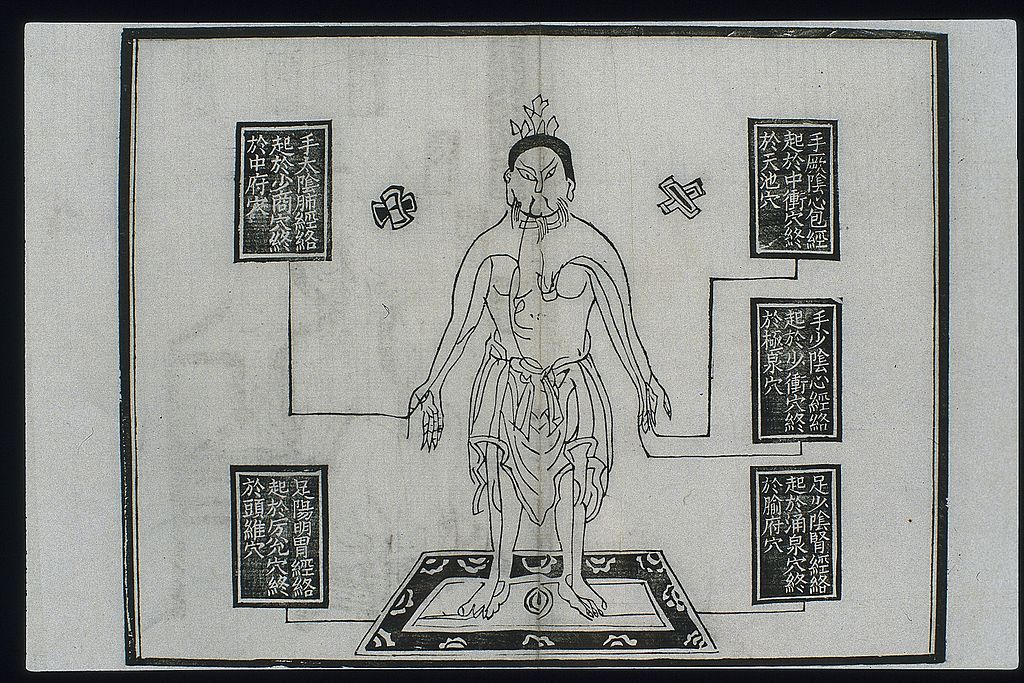Category: Energy Medicine

What Is Traditional Chinese Medicine?
Traditional Chinese Medicine is not actual medicine, and should not be treated as such. It has more in common with Galen's theory of the four humors than anything a doctor would recognize today.
Alas poor Craniosacral. A SCAM of infinite jest, of most excellent fancy.
It is hard to Sokalize alternative medicine. The closest has been buttock reflexology/acupuncture, but that is a tame example. Given the propensity for projections of the human body to appear on the iris, hand, foot, tongue, and ear, postulating a similar pattern on the buttocks are simple variations on a common SCAM (Supplements, Complementary and Alternative Medicine) theme. The buttocks? Not really...
November Hodgepodge
There have not been a lot of topics of late that warrant extensive analysis and discussion. But there are a number of little topics of interest, each worthy of a few paragraphs of discussion, archetypes of issues in medicine, science based and otherwise. Xigirs. No, it is not whale vomit, but close. Last month Xigris was pulled from the market by Lilly. ...

Reiki
Reiki (pronounced raykey) is a form of “energy healing,” essentially the Asian version of faith healing or laying on of hands. Practitioners believe they are transferring life energy to the patient, increasing their well-being. The practice is popular among nurses, and in fact is practiced by nurses at my own institution (Yale). From reiki.org, we get this description: Reiki is a Japanese...
Pseudoscience Sells
It is an unfortunate truth that there is money in pseudoscience, particularly medical pseudoscience. Money both attracts charlatans and also funds their activities, which includes marketing pseudoscience and defending their claims from scientific scrutiny. In this way the game is rigged in favor of pseudoscience. With0ut effective regulation, sites like ours are forced to play whack-a-mole with the medical pseudoscience du jour....
When a “scientific study” is neither
There is quite a bit of art to the practice of medicine: knowing how to get and to give information to a patient, how to create a sense of worry without creating a feeling of panic, how to use the best available science to help them maintain or return to health. Underlying all of the art is the science: what blood pressure...
Train Therapy
Summertime and the living is busy. Finally we have sun in the Northwest. While the rest of the country has been melting in heat, this year we have rarely cracked 85. Global heating has avoided Oregon this year, and I will need some green tomato recipes. Good weather, work is busy, and it is the last two weeks with my eldest before...
Dummy Medicines, Dummy Doctors, and a Dummy Degree, Part 1: a Curious Editorial Choice for the New England Journal of Medicine
Background This post concerns the recent article in the New England Journal of Medicine (NEJM) titled “Active Albuterol or Placebo, Sham Acupuncture, or No Intervention in Asthma.” It was ably reviewed by Dr. Gorski on Monday, so I will merely summarize its findings: of the three interventions used—inhaled albuterol (a bronchodilator), a placebo inhaler designed to mimic albuterol, or ‘sham acupuncture’—only albuterol...

